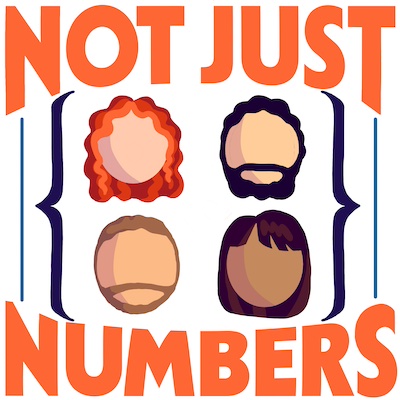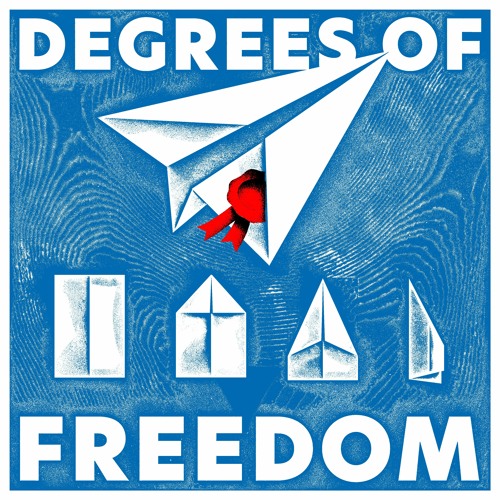Our first month in the University Council
A month has passed since the new University Council (UC) was installed, and I think it’s time to look back on what has happened so far, and what seems to lie ahead. When I enlisted I promised myself to help improve the transparency of the discussions and keep an open channel with anybody that could be interested.
This first month has been a whirlwind of activity, training, and initial discussions. Much of our work so far has focused on preparation: only now I start to see how crucial is to build a good foundation of knowledge and trust for the decisions and actions to come.
Our first weeks were heavily dominated by training sessions, covering everything from the legal aspects of governance and participation to the rights and duties of council members. We explored how to collaborate effectively, how to engage with boards, how to approach financial discussions, how to have inclusive multilingual meetings and, lastly but not least, explored the broader purpose of the councils themselves. The experience has been both overwhelming and enlightening, offering a deeper understanding of how decisions are taken at the university and why our role matters. It has been also a nice opportunity to get to know fellow UC members and members of other Faculty and Services Councils, especially last Thursday at the Day of Participation.
I wish many of the courses we took would be part of our professionalization opportunities and recognized as valuable for career evaluations and promotions. They would have definitely helped me in the past to navigate the university environment and find my way in managerial meetings.
Many of you will have heard about Mol’s report and the governance plan at this point. And indeed, one of our top priorities, has already been to connect with the people who will be most affected by the changes this may bring about: staff members (academic and not), councils and deans, and of course students. We’ve so fare sought feedback from both academic and non-academic staff, at all levels, and in direct contact with unions and YAG, to understand their confusions, concerns, and hopes. Our goal is to ensure that any changes we support will be balanced, well-informed, and ultimately beneficial for the university community. And we surely cannot make an informed decision in a vacuum.
This process has been both demanding and energizing. And I really appreciate the opportunity of having this discussion at the UC: I don’t know how it will go, and how much leverage we will be able to have, but I feel that we have a real opportunity to voice opinions that have been kept out of the report, ask for clarifications on the many vague points it contains, and bring constructive suggestions to the table, to find a shared plan and a reasonable compromise that keeps the staff, the students, the university and their quality and well-being at the center.
Beyond training, we’ve begun meeting with faculty boards and other key structures within the university. Not so many times yet, honestly, but looking at the bookings in our calendars, these will come soon. Nevertheless we already had a chance to have open and, at times tough, discussion. And I really appreciate the will of both the council members and the board to speak up, always respectfully, and to listen to each other. Even when the conversation was clearly touching some nerves.
These discussions helped us grasp the roles, goals, and expectations of different bodies, while also clarifying how we can work together effectively. Throughout all of this, we remain mindful of our core responsibility: representing the staff whose interests we’ve been elected to uphold, and surfacing opinions, suggestions and concerns that often struggle to reach the higher management levels.
While much of our work so far has been internal, I am seriously committed to making our process as transparent as possible. Many of our non-confidential discussions are already available on MyMeetings (a platform I had never known the existence of until I joined the council…). The UKrant has also been quite quick to report on our discussions, providing articles on key agenda items within days of our meetings. To name the most recent ones:
- The Smart Academic Year pilot seems to have arrived to an end (even thought we are still running experiments this year)
- The Groningen Engineering Campus, which aims to construct a new interfaculty institute with a technical flavor but in cooperation with the humanities
- The first signs of improved well-being for PhD students, a positive news, but we need to make sure to make this a trend and not just a one-off event
- Mol’s report on governance hasn’t yet had a proper discussion, but our request for feedback to the Faculty Councils mobilized them to write a joint letter of disapproval on the plan in direct contrast to the claim of widespread support in the report itself
Of course we’re still in the early stages of these discussions. We surely have many interesting challenges ahead, with the heavy budget cuts still on the table and needing to be accounted in the university finances and the upcoming plans for the university 5.0 governance (which by the way we also don’t yet know) requiring soon a lot more attention. Once the official proposals are released, (hopefully) we’ll finally have the concrete details needed to start making an informed opinion, and a lot more requests for feedback to many of you. If you have suggestions or constructive criticism, don’t hesitate to send them our way!
Until then, our focus remains on preparing thoroughly, engaging with all stakeholders (which include all of you), and ensuring that the council’s work becomes more visible and accessible. I hope these brief posts will help shedding some light on the work that is being done, and motivate more and more of you to engage with us (and maybe join the lists at the next elections).


